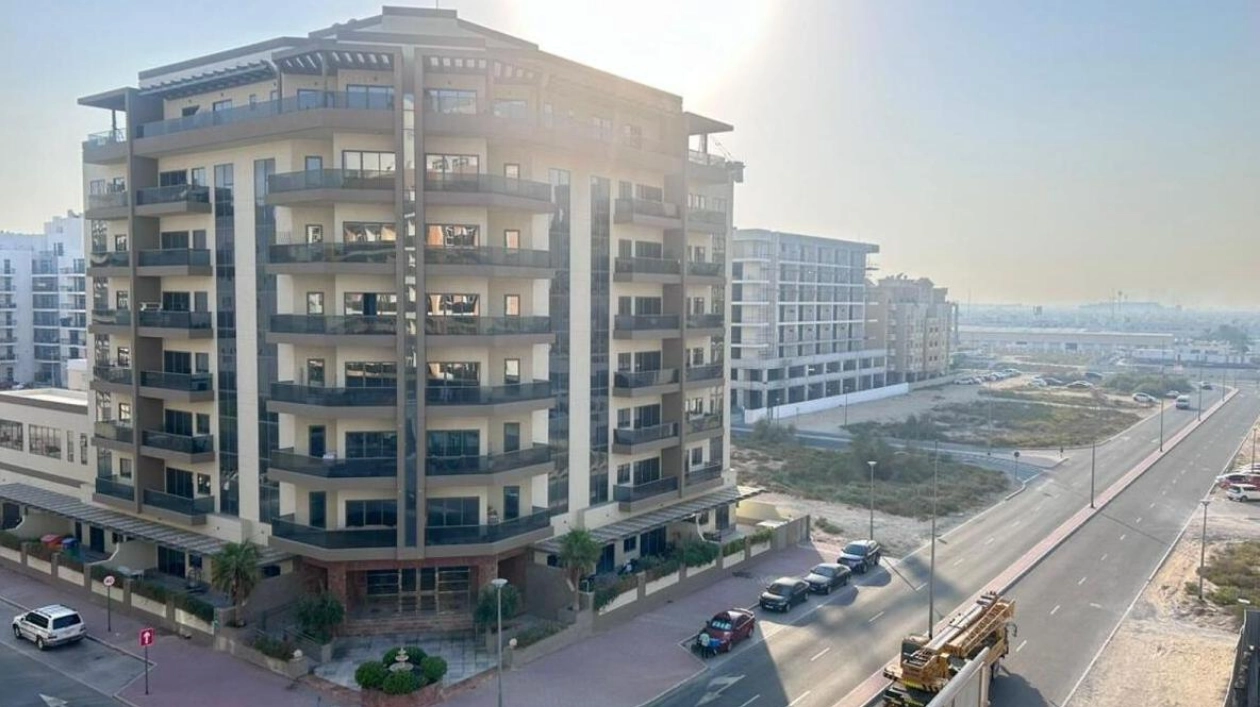Residents in Liwan, Warsan, and International City are struggling with an unpleasant odour emanating from a nearby sewage treatment plant, which disrupts their daily lives. The stench is particularly strong from sundown until dawn, making it difficult for them to find relief.
"The smell is so overwhelming that we can’t even open our windows or step out onto the balcony after 7pm," said Sarah Jafar, a resident of International City. Her family has suffered from headaches and nausea, particularly her children, who have experienced vomiting due to the stench. Khaleej Times reached out to Dubai Municipality regarding the issue and is currently awaiting a response.
Residents have been left feeling helpless as the problem continues to worsen with the changing seasons. The smell is described as a nauseating combination, often likened to a septic tank. Altered lifestyles have become the norm for many, with families resorting to keeping their windows and doors tightly sealed, but the odour still manages to seep in.
"Sometimes it goes away for a couple of days, but then it comes back stronger," Sarah added. Similarly, Amira Hassan, a resident of Liwan, said, "I used to love spending time on my balcony, but now it’s just not an option." The odour has impacted not only her enjoyment of outdoor space but also practical necessities.
Amira has tried various methods to combat the odour, from burning incense to using air fresheners, but nothing seems to work. "It's a constant battle, and it's taking a toll on our mental and physical well-being," she said. Health risks are a growing concern, with some residents even considering relocating due to the persistent problem.
Doctors have raised alarms about the potential health risks associated with prolonged exposure to foul odours. "Exposure to unpleasant smells can lead to a variety of health issues, including respiratory problems, headaches, and gastrointestinal symptoms like nausea and vomiting," said Dr Mohammad Rashid Farooqui, Specialist Internal Medicine at Aster Clinic, Ras Al Khaimah.
To mitigate health risks, residents are encouraged to improve ventilation in their homes, invest in air purifiers, and use natural odour absorbers like baking soda or vinegar. "Addressing the source of these odours is crucial to preventing long-term health effects," Dr Farooqui cautioned. Prolonged exposure can lead to chronic respiratory conditions and even potential cardiovascular issues over time.
Dr Lina Nasr, a Lebanese environmental scientist living in Sharjah, highlighted the need for collective and personal efforts to tackle the odour issue. She recommended that residents improve their indoor air quality by utilising high-efficiency particulate air (HEPA) filters in their AC systems and to change filters regularly. "Incorporating plants that naturally absorb odours, such as peace lilies and spider plants, can also contribute to a healthier indoor environment, even in the balcony," she added.






